A well-developed “feelings vocabulary” allows children and adolescents to effectively identify and express their emotions. Here are four tools that can help your child develop emotional literacy:
In my work with children and adolescents, both in school settings and in my private work, I am often surprised by how limited their “feelings vocabulary” is in the beginning. When asked to list common feelings words, more often than not youngsters share fundamental emotion words such as sad, mad, and glad. At times, the feeling word “frustrated” pops up. Otherwise, that is all I am able to coax out of young clients.
Building emotional literacy skills is an essential part of establishing a therapeutic alliance with kids of all ages. Emotional literacy is the ability to identify, understand, and respond to emotions in oneself and others. The development of a feeling-word vocabulary is critical because it allows children to discuss and reflect on their experience of the world.
Labeling emotions allows children to become emotionally competent. Children and adolescents cannot effectively self-reflect or share their feelings if they do not have a well-developed repertoire of words to express the nuances associated with their emotional states. Helping youngsters expand their feeling vocabulary and better articulate their emotional states and life experiences is not only a fundamental step in therapy, it is an essential life skill.
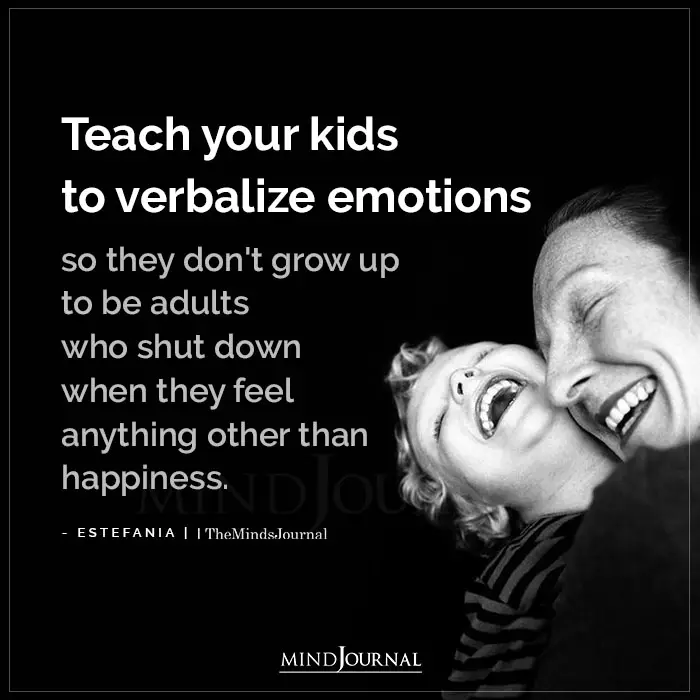
Listed below are practical techniques and tools we can use to help children and adolescents develop a more robust feelings vocabulary and greater emotional literacy:
1. NAME IT, CLAIM IT, TAME IT
Helping children label their feelings is an important component of self-regulation (Name It). When children can effectively label their feelings, they can take ownership of their feelings (Claim It). Owning the feeling allows children to do something productive with that feeling. Finally, elicit from your child pragmatic ways of effectively managing their feelings (Tame It).
Read 7 Tips To Better Manage A Child’s Emotional Intensity
2. KIMOCHIS
Kimochis (Kimochi means “feelings” in Japanese) are tactile, plush, and playful therapeutic tools that are used to help kids self-reflect, identify, and express feelings. They also help children understand it is common to experience different and opposing feelings at the same time. This assists youngsters to work toward expressing feelings constructively rather than holding on to ambivalence.
Read 10 Everyday Struggles Of People Who Are Bad At Expressing Themselves
3. DOUBLE-DIP FEELINGS
People often experience conflicting emotions. It is helpful to teach children about “double-dip” feelings—two different feelings at the same time, similar to different flavors of ice cream scooped on top of each other. When children have double-dip feelings, they may feel uncomfortable or confused. Normalize the experience by explaining it is typical to have multiple emotions at once. The classic therapeutic book Double-Dip Feelings: Stories to Help Children Understand Emotions by Barbara S. Cain reinforces this concept in a kid-friendly fashion.
Read What Type Of Parent Are You? QUIZ
4. PLAY THERAPY HUMAN-SHAPED CHALKBOARD
Children and adolescents often internalize feelings such as anger and anxiety. These feelings can then manifest in physical symptoms. The human-shaped chalkboard helps children describe these symptoms in an age-appropriate and engaging way. Children can use various colors of chalk to target the parts of their body that hold anger, anxiety, and other distressing emotions.
The more feeling words children master, the closer they get to building a sense of agency and self-control. Knowing what we feel is the foundation for developing emotional intelligence. It is essential to help children identify their unspoken feelings, recognize other people’s feelings, and effectively express their feelings. The emotional insight children gain by expanding their repertoire of emotion words will support them as they navigate adolescence and adulthood.

For help developing your child’s emotional literacy, contact a therapist who specializes in work with children and adolescents.
Written by: Eva Lazar, PhD Originally appeared on: Good Therapy Republished with permission
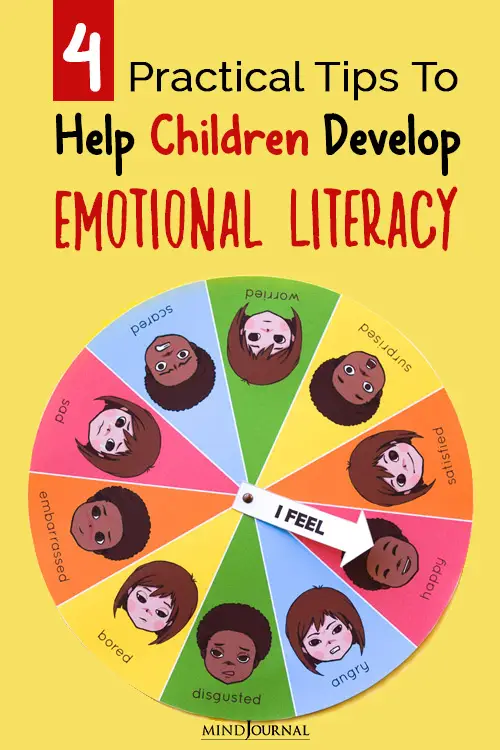
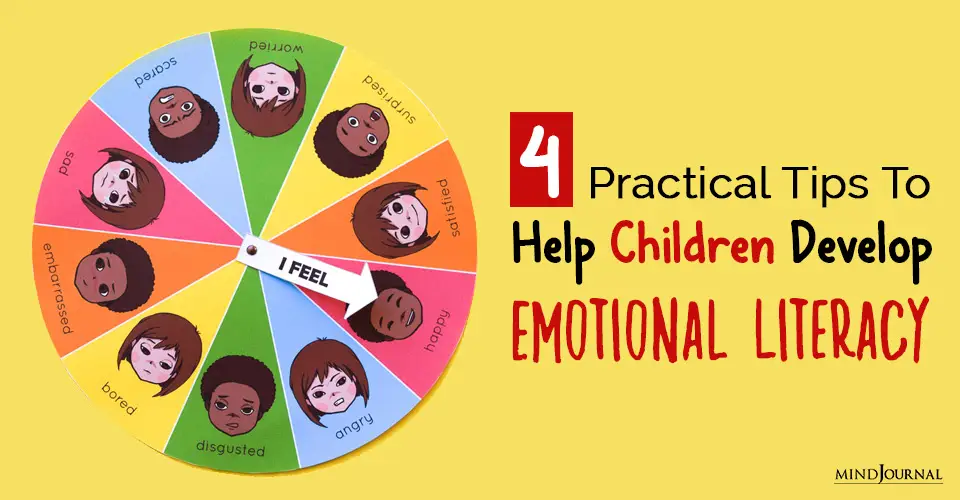







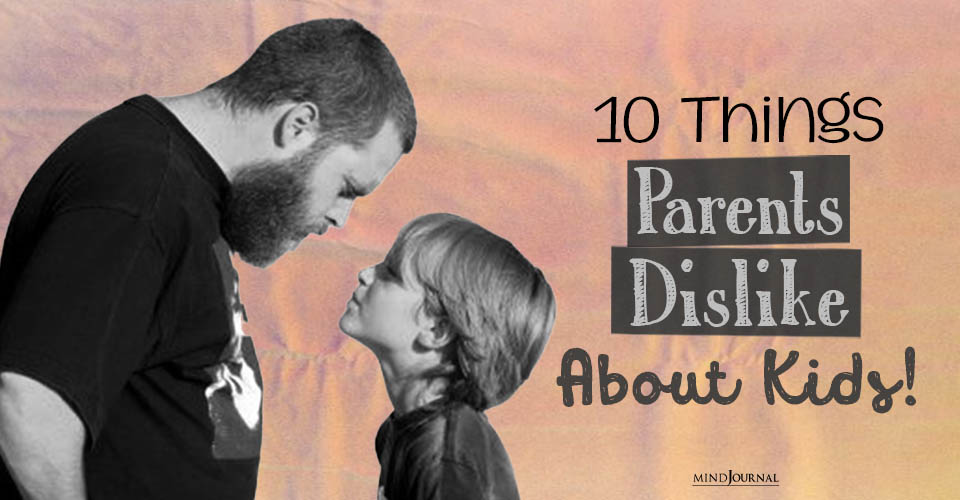
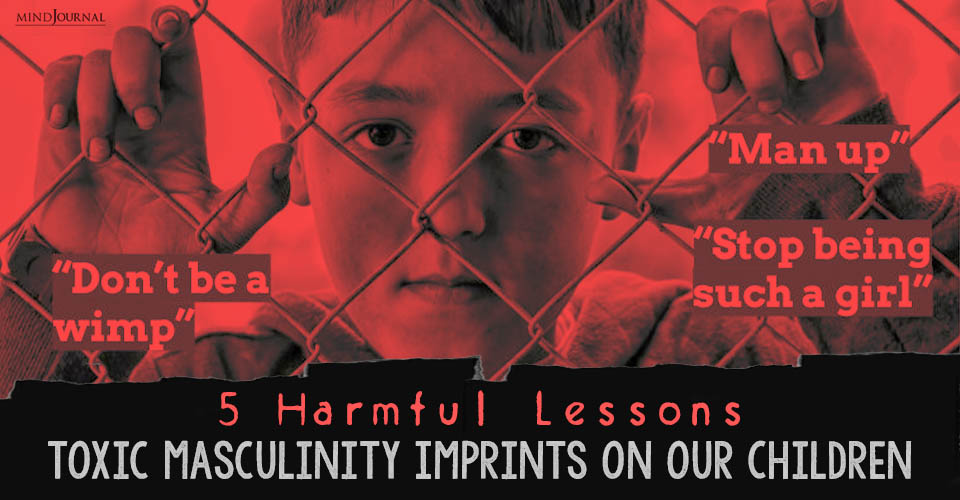



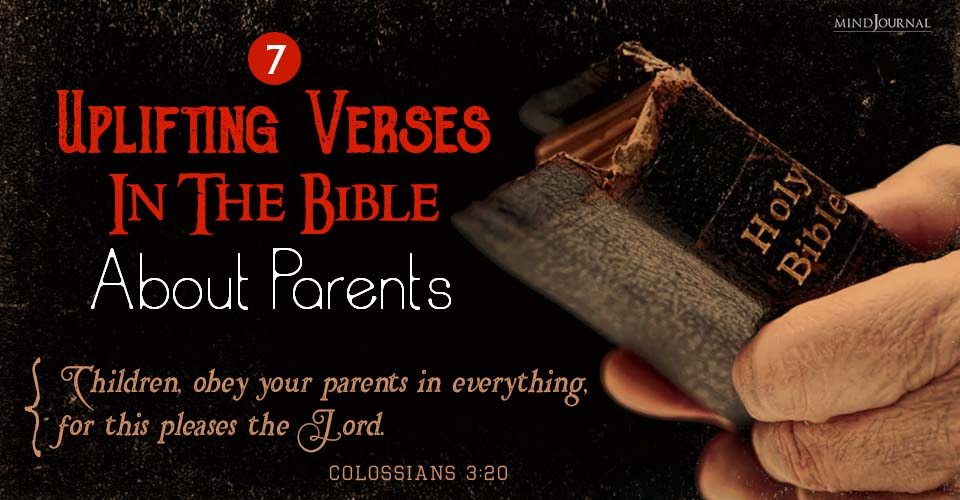
Leave a Reply
You must be logged in to post a comment.